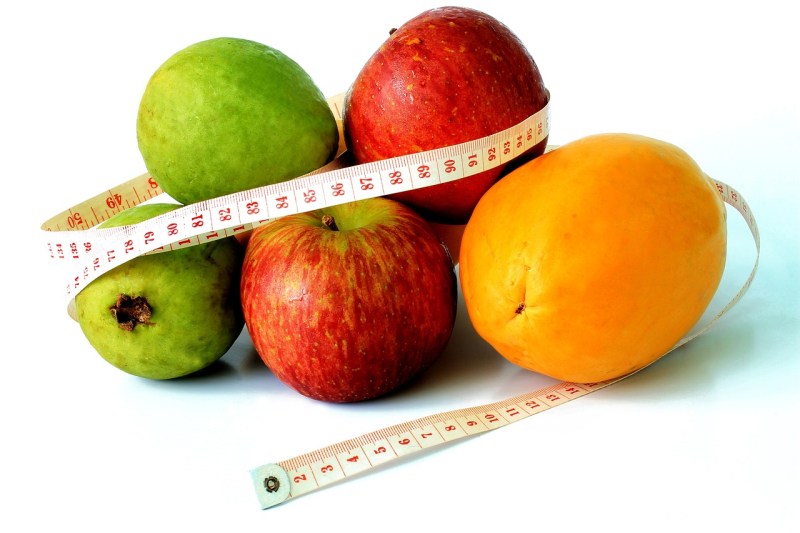Calories are the currency of energy for our bodies. Understanding the caloric content of the foods you consume is essential to monitoring your eating habits over time. When you are aware of your eating patterns, you can identify opportunities where you can swap out higher-calorie foods for lower ones. Additionally, being aware of calorie intake can be instrumental if you’re striving to achieve a calorie deficit to lose weight or maintain a healthy lifestyle.
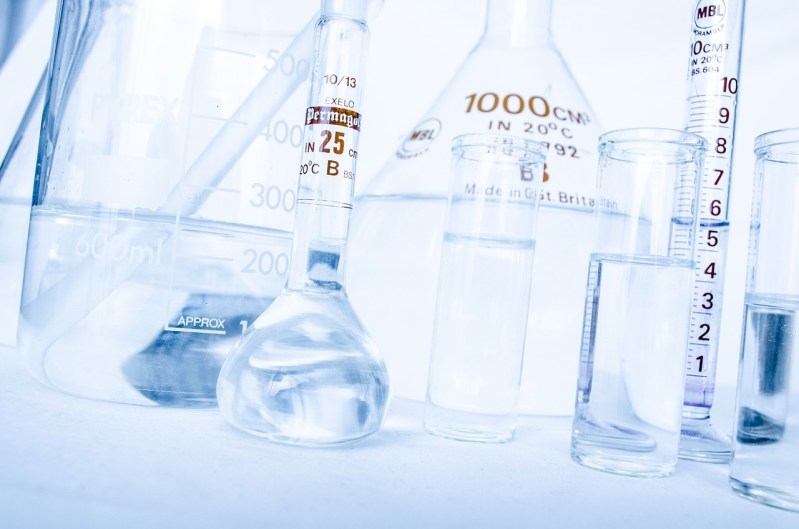
What is a calorie?
In the world of nutrition, a calorie is a fundamental unit of measurement for energy. More specifically, a calorie represents the amount of energy required to raise the temperature of 1 ml of water by 1 degree Celsius. This unit of measurement provides us with a standardized way to quantify the energy content of the foods we consume.
When we talk about the number of calories in a particular food, we’re referring to how much energy that food contains. Calories are what fuel our bodies, powering everything from essential physiological functions like breathing and circulation to more active pursuits such as running, cycling, or even just getting out of bed in the morning.
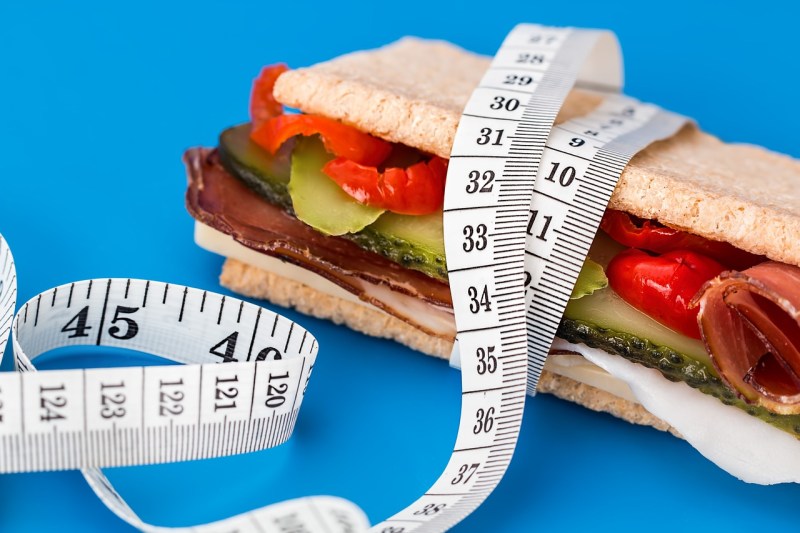
What is a calorie deficit?
Our bodies have a baseline energy requirement known as your basal metabolic resting rate (BMR). This figure represents the minimum number of calories needed to sustain your current body weight while at rest. You can calculate your BMR with the help of online calculators, and it serves as a fundamental reference point for managing your calorie intake.
The concept of a calorie deficit becomes particularly significant when we aim to achieve specific health or weight management goals. A calorie deficit is essentially a state where the calories consumed through food and beverages are fewer than the calories expended by the body through daily activities and the BMR. In other words, it’s the equation that drives weight loss or weight maintenance.
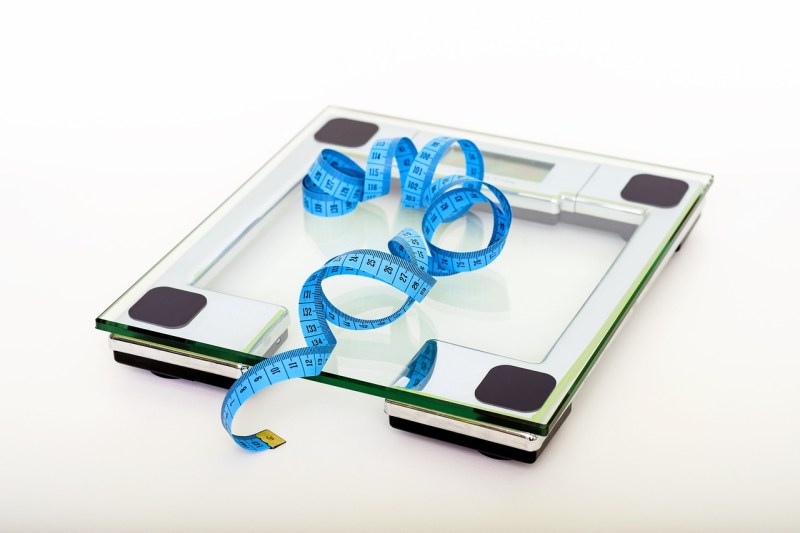
Things to keep in mind when calorie counting
Severe restriction of calorie intake is not advised. It’s important you consult with your doctor before starting any type of restrictive diet or intense exercise program. A balanced diet full of fresh produce is best for maintaining overall nutrition levels. With that in mind, if you want to quell hunger pangs without adding excess calories, consider incorporating low-calorie or zero-calorie options that are dense in nutrition instead of consuming higher-calorie, less-nutrition options.
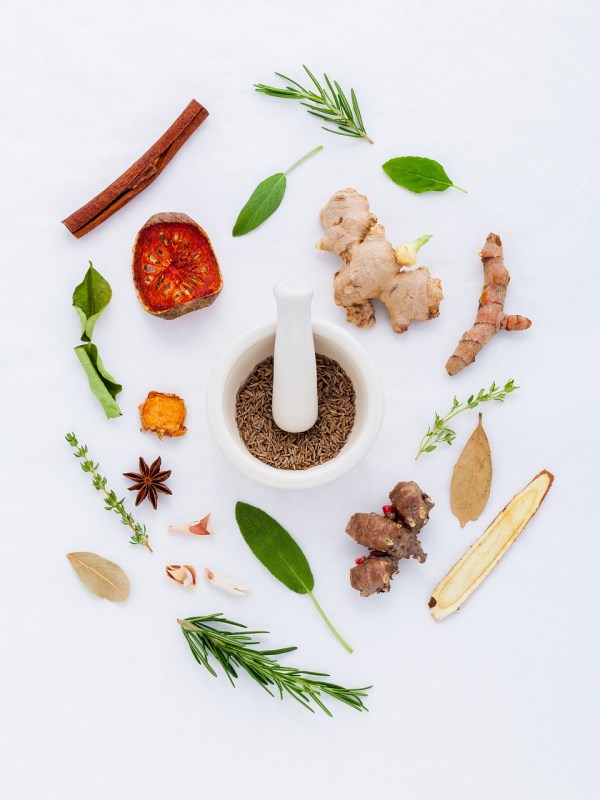
List of low-calorie or zero-calorie foods
When the need arises to cut calories promptly, there are many foods that can serve as your saving grace. These foods not only offer minimal calorie content but also bring a wealth of nutritional benefits to your plate. To support your journey toward a healthier lifestyle, we’ve curated a list of the top five low-calorie foods that can make a substantial difference in your calorie-conscious endeavors.
Stay hydrated with water
Water is the ultimate calorie-free drink, and it shouldn’t be just an afterthought. Since our bodies are primarily composed of water, choosing water over sugary soft drinks is a wise choice for staying hydrated and reducing empty-calorie consumption. Drinking water before meals can even promote a feeling of fullness, potentially leading to reduced food intake and supporting weight loss goals.
Black coffee
Coffee, particularly black coffee, stands as a remarkable low-calorie beverage with several appealing attributes. Its calorie count is virtually zero, making it an excellent choice for those looking to reduce their calorie intake. Additionally, coffee is known to boost metabolism and increase alertness, which can support weight management efforts.
As a source of antioxidants, coffee offers potential health benefits, including reduced risk of certain diseases, further enhancing its appeal as a low-calorie food choice. Overall, coffee is not just a flavorful and comforting beverage, but it’s also a smart addition to a low-calorie diet when consumed in moderation and without excessive additives. Make sure to avoid any calorie-dense sweeteners or creamers next time you enjoy a cup.
Citrus as a flavor booster
When you crave a burst of flavor in your beverages or dishes without the calorie hit, turn to lemons and limes. These citrus fruits are excellent flavor enhancers, elevating the taste of water and various dishes without adding significant calories. They contain little to no calories and are often used in small amounts to boost flavors and finish dishes.
Watercress
Watercress stands as a shining example of a low-calorie food that doesn’t skimp on essential nutrients. Additionally, the CDC considers it to be one of the healthiest foods. Despite its minimal caloric content, this leafy green is a nutritional powerhouse, offering an abundance of vitamins and minerals. Its high water content and fiber make it a filling choice, helping to curb hunger and prevent overeating. Just one cup of watercress has 4 calories and contains 120% of your daily vitamin A requirements.
Swiss chard
It’s no surprise another leafy green made the list of low-calorie foods. As another one of the CDC’s superfoods, swiss chard is packed with nutrients. Just one cup of this vibrant vegetable contains 7 calories and 249% of your daily vitamin K requirements. Combine it with watercress to create a delicious and low-calorie salad that will keep you fueled and energized.
In the quest for a healthier lifestyle, understanding and managing calorie intake is a crucial aspect of an overall healthy diet. You can make conscious choices that align with your dietary goals by focusing on nutrient-dense, low-calorie options like water, nutrient-rich fruits and vegetables, and flavor-enhancing fruits like lemons and limes.
Remember, moderation and balance are key; consulting a healthcare professional before making significant dietary changes is always advisable. By incorporating these low-calorie foods into your diet, you’ll be well on your way to achieving a calorie deficit and maintaining a healthier, more energetic you.
